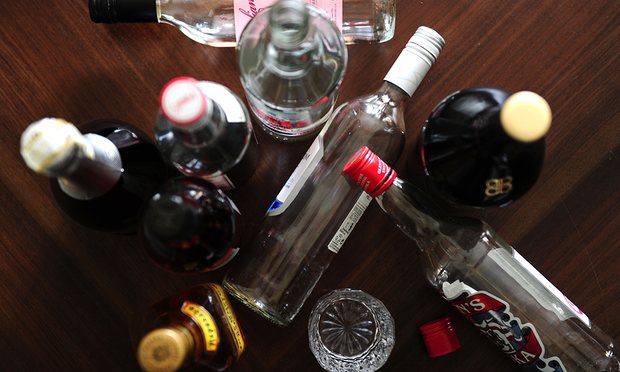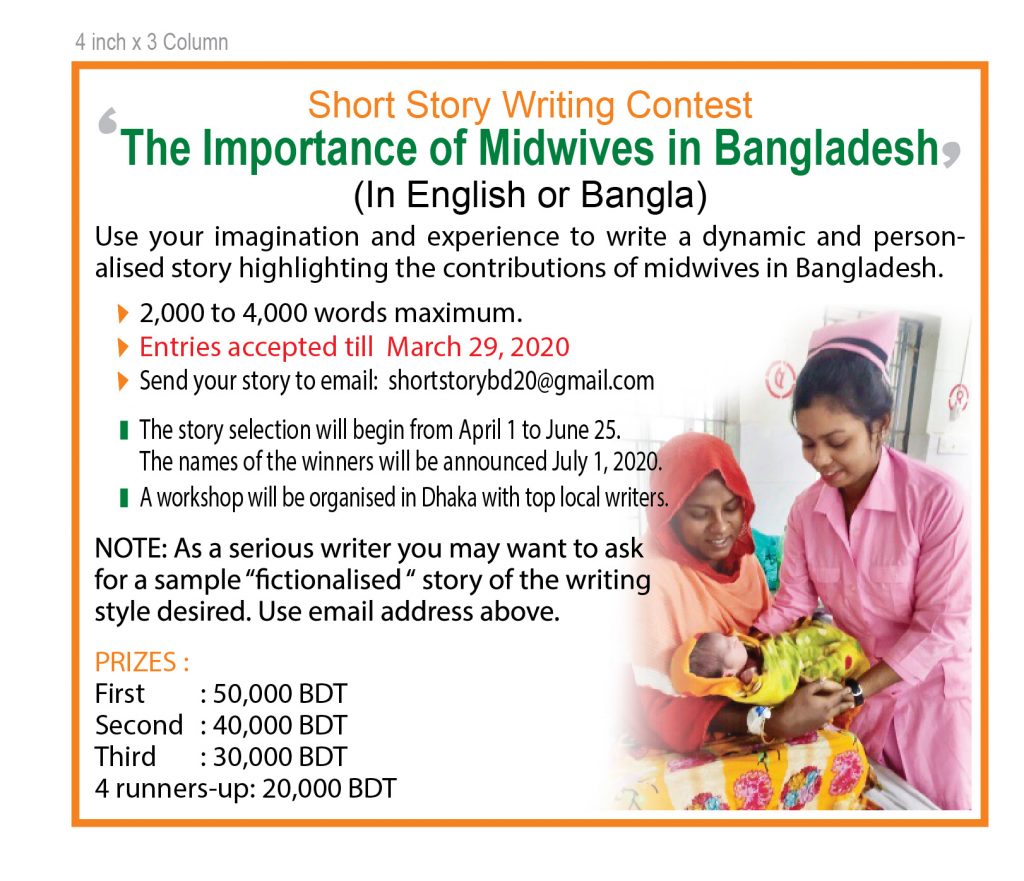How much alcohol is safe to drink? It is a question scientists have been trying to get to the bottom of for centuries, and now a survey exploring drinking advice around the world has found that the answer varies greatly depending on where you live.
In the US, for example, three or four drinks a day (42g for women and 56g for men) is thought to be safe, but in Sweden that is well over the amount health authorities recommend: 10g for women and 20g for men. What’s more, a “standard drink” in Iceland and the UK is 8g of alcohol, compared to 20g in Austria, reports theguardian.
Can these variations be attributed to the fact that each place has its unique drinking culture? We asked readers to summarise their country’s attitude towards alcohol and the – unscientific, we should stress – results seem to suggest we might all be tipping the scale when it comes to consuming a safe amount.
South Africa
“It is varied, but most people drink socially, not generally to excess, but responsible drinking (not drinking and driving for example) is rare. We should have tighter drinking and driving laws.” – Dickon, 40
Spain
“In the Spanish equivalent of a greasy spoon, workers stop for brunch with a beer followed by a big brandy then get into their cars and go back to ‘work’. It’s the drink-driving that I don’t like.” – Anonymous, 45
Australia
“Binge drinking is glorified in Australia, and the focus is not on drinking in moderation or for enjoyment. We should be encouraging alcohol-free days. I am probably not a true representative of the Australian drinking population as I am a very light drinker – I drink maybe once a month.” – Anonymous, 44
New Zealand
“There is a big binge-drinking culture among the youth in the country and a huge part of the health budget and policing budget is spent on dealing with drink-driving, accident and emergency services, and other long-term harmful effects of alcohol. We have a robust liquor industry that lobbies the government fiercely to prevent regulation of alcohol sales. Advertising here has been grudgingly curtailed.” – Anonymous, 50
Japan
“People often go to Izakayas [Japanese-style ‘pub’] after work on Fridays or special occasions with their colleagues. However, alcohol is nearly always drunk here alongside snacks or food, meaning very few people get incredibly drunk. There are some cases of people with alcohol-related problems in this country, but people don’t drink alcohol in order to get drunk, but rather to relax.
“Japan’s alcohol safety guidelines seem roughly around the same as my home country [the UK]. However, you need to be 20 years old to buy alcohol in Japan, although unless you look underage they won’t ask you for ID, especially if you look non-Japanese.” – Anonymous, 23
Belgium
“Beer sold in every frituur [chip shop], open bottles of wine to help yourself to in supermarkets – but drunkenness is socially unacceptable. The guidelines seem fair enough, especially having at least two non-drinking days a week.” – Elspeth Morlin, 46
France
“In France people drink extensively and steadily, but in small units. Even though I have seen a couple of people drunk, I have never seen any aggression. At a dinner party you will ordinarily have an apéritif, three glasses of different wines and a digestif but all in small quantities. There will also be water on the table. The guidelines in France are sensible, although here there is a tradition of ignoring regulations and laws anyway. The French drink to savour the flavours and to enhance their food.” – Peter, 62
Italy
“In Italy, consuming alcohol revolves around food. So you are either drinking to accompany your meal (wine will always be on the table at an Italian meal), or you are being given free snacks to soak up your drink when at a bar. So the idea is that you order a drink at a standardised price and you are given crisps or other bite-sized food. Or you can help yourself from a generous buffet.
“The whole point of aperitivo is that you have it before dinner and drinking on an empty stomach generally leads to unpleasant circumstances (especially as typical aperitivo drinks are of the likes of the killer negroni). Hence the free food. This has led to the creation of a sub-culture: the one of apericena [a hybrid of aperitivo and cena: dinner]. So people, instead of going for a drink and then on to dinner, go to the bar with the best buffet, order a drink (normally £8-£10) and then just hit the buffet and stuff their faces, scoring a very cheap dinner.” – Benedetta, 31
Philippines
“Once a bottle is opened it must be finished; it’s never closed while still full. I think 14g a day for women seems reasonable, but 28g a day for a man seems a little high. However, I have never seen these guidelines published or talked about anywhere in this country.” – Richard Hartland, 39
UK
“In the UK the notion of enjoying yourself in the evening without alcohol is so unusual it can lead to you being called a freak (or at least miserable and antisocial) whereas drinking yourself insensible is not only acceptable, it is admired. Unfortunately (and I am a drinker) all advice given seems to be decided upon somewhat arbitrarily and although most doctors agree alcohol is bad for you, limits seem to be plucked out of the air with no real evidential statistics.
“While most would agree that binge drinking in the UK is deplorable and turns our towns and cities into ugly and threatening places at night, I find the nanny state response of telling us that any amount of drink can give us cancer or liver failure somewhat unhelpful. In Europe people seem to drink as part of a food experience and it is an accompaniment, not an end in itself. We have much to learn but our history suggests an entrenched way of relating to alcohol.” – Fergus, 68
US
“We would have a lot less underage drinking problems if we lowered the drinking age to 18. Young adults are getting targeted at parties and social events at universities where police know there will be alcohol and the people who are there and under 21 get underage drinking charges (and people over 21 get charged with the supply of alcohol to minor). I am not even a huge drinker, just seems absurd that freshman and sophomores have to be sneaky about it, which leads to more issues. There is also a binge-drinking culture generally in the US” – Karina, 23










